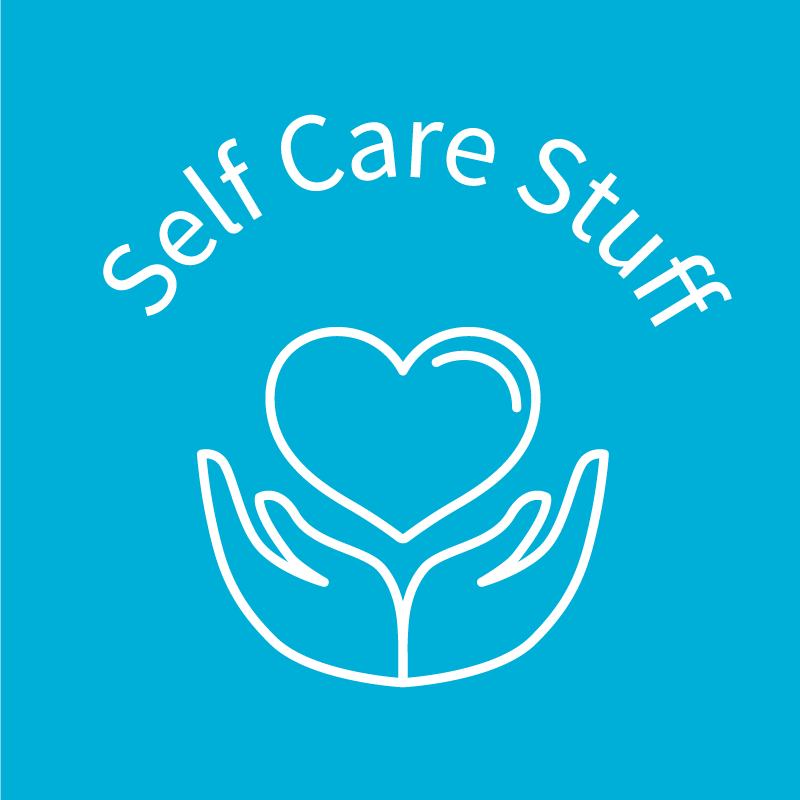Self-Care Tip: How to Be Intentional About Consuming Coronavirus News
/BY JILL SUTTIE | MARCH 30, 2020
Of course, we need to know what’s going on with the coronavirus pandemic in order to make good decisions, like washing our hands regularly and social distancing. Those actions help us fight the spread of the disease. But, as a new paper published in Health Psychology suggests, constantly reading negative, sensationalist news stories can have long-term consequences for our well-being.
Still, it’s hard to pull our attention away from fear-inducing news; our minds fight us. As John Tierney, co-author of The Power of Bad, explains, our brains have a negativity bias that’s designed to root out danger so that we can stay safe. We can’t help but be hijacked by bad news stories, and news sources want to capitalize on that by publishing the most sensational stories designed to invoke fear.
Though most newspapers operate on the assumption that “if it bleeds, it leads,” it may surprise you to know that positive, in-depth reporting engages readers more than sensationalist stories, says McIntyre. Research shows that people share uplifting stories more, and they keep their eyes on the page longer when they read solution-based stories—all the more reason for news outlets to provide more positive and in-depth coverage and for all of us to share it.
Staying informed without alarming yourself is not just important for you, but for everyone. If we can all do our part to put ourselves on what Tierney calls a “low bad news” diet, no doubt we will get through this pandemic together better and help preserve our own mental health in the process.
Source: https://greatergood.berkeley.edu/article/item/how_to_be_intentional_about_consuming_coronavirus_news






